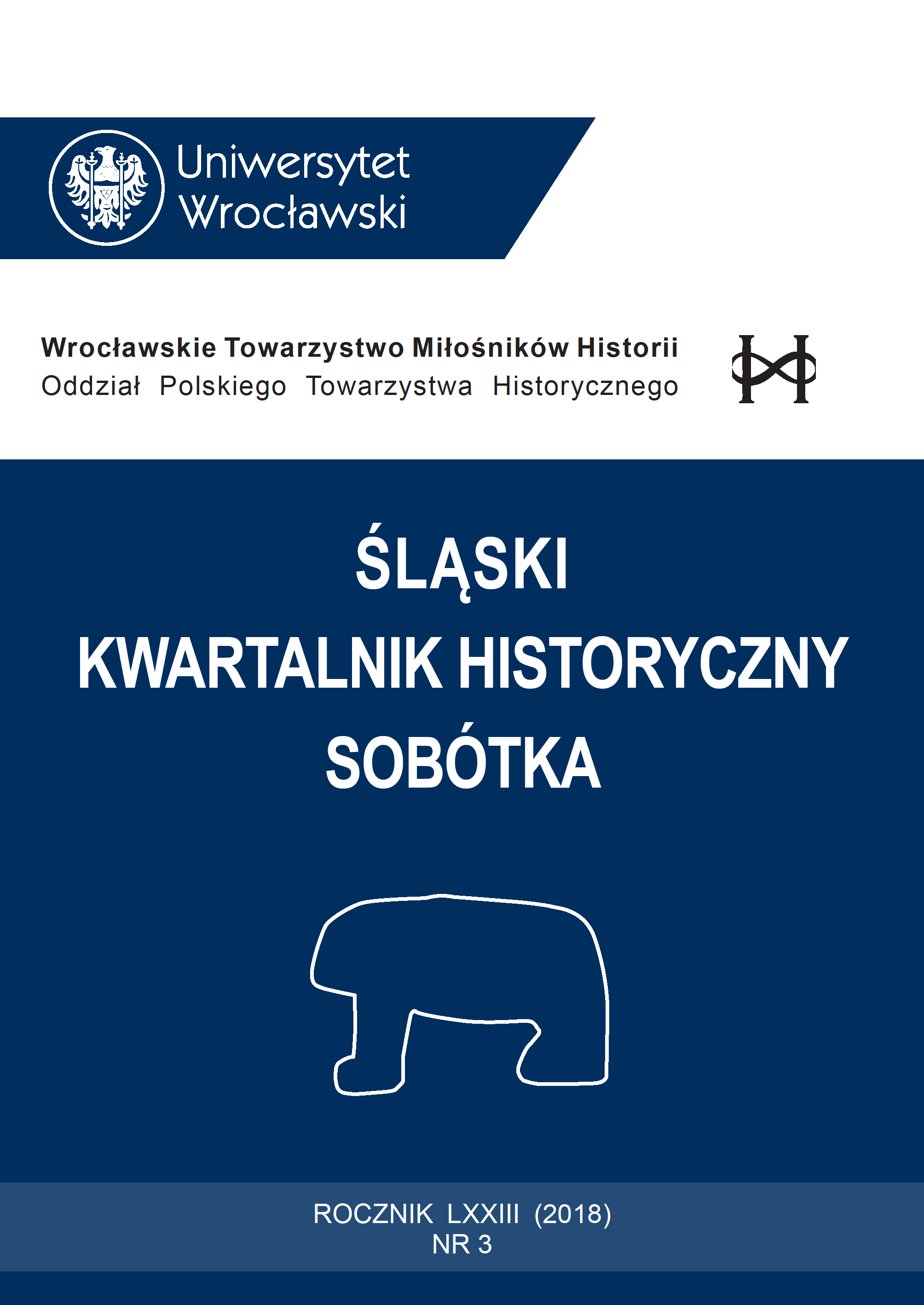Abstract
The development of the railway in the 19th and 20th centuries became one of the settlement factors leading to the founding of Jaworzyna Śląska, Krzyż Wielkopolski and Zbąszynek in what is today western Poland. On the one hand, the railway generated new jobs, while on the other hand, social housing, which over time led to the establishment of villages and towns. This was the case for the three aforementioned settlements, of which the two older ones, Jaworzyna Śląska and Krzyż Wielkopolski, initially struggled with numerous problems, including those involving education and religion. Zbąszynek, on the other hand, was established in the interwar period as a modern railway settlement on the Polish border and from the very beginning it offered its residents high living standards, including schools, churches and utilities: water supply, sewage system and electricity.
Keywords:
Jaworzyna Śląska, Krzyż Wielkopolski, Zbąszynek, railway, city



